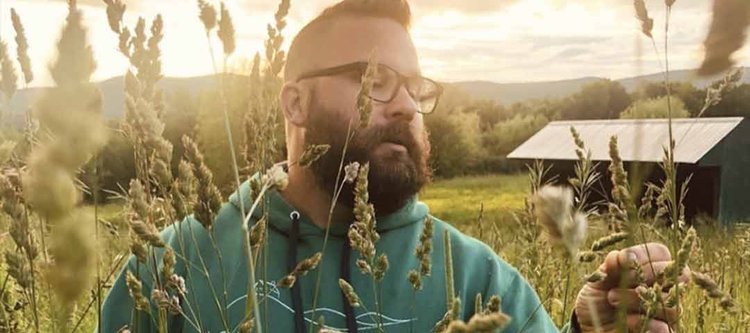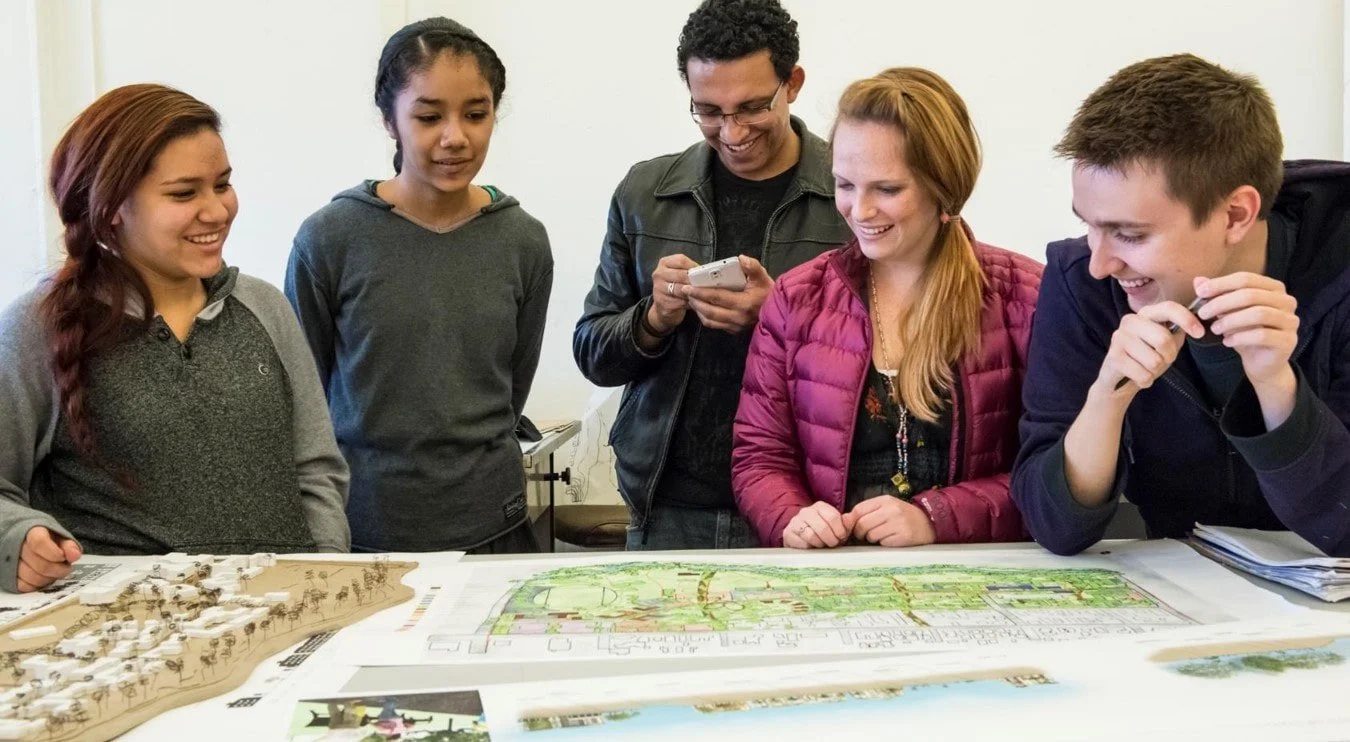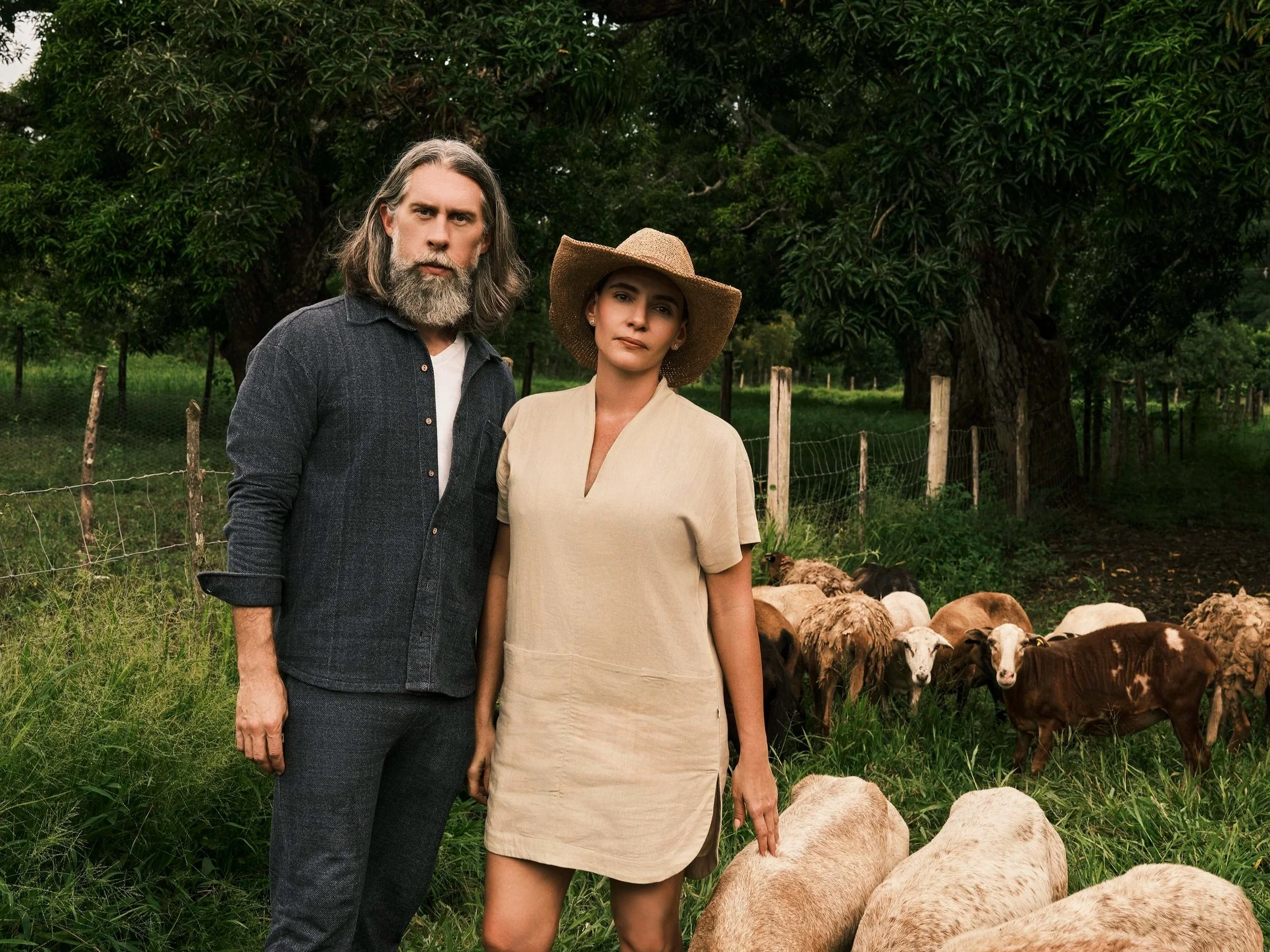From Ecological Collapse to Thriving with Jesse McDougall
There is a utopic vision that farmers will put down their pesticides, herbicides, and other chemical cocktails conceived and peddled to eradicate pests and weeds in order to save the planet. However the challenge is that the land can become so degraded that once you go cold turkey and stop applying chemicals, everything seems to collapse around you.
That’s exactly what happened to Jesse and Cally McDougall when they took over Studio Hill, the family’s fourth generation farm in Vermont. For decades, Cally’s aunt had farmed the land with the assistance of chemicals. That is, at least, until she passed away from brain cancer.
For Jesse and Cally this was a life-changing opportunity to take over the farm. They wanted to do the right thing—although as non-farmers they didn’t know what that looked like. The first step they decided was to not spray chemicals.
“The first year was a complete disaster,” Jesse recalled. The 250-acre farm turned to bare ground, dirt, and mud.
In a state of despair, the two found Alan Savory’s work with Holistic Management that helped to change everything. They began to rotate chickens around the farm. They started to breed sheep. And before their eyes they started to see the miracle of life return.
In a true hero’s journey story, Jesse recalls the critical help they received along the way that includes both technical help from the Savory Institute and financing from Steward, while also offering tips on how to operate a successful regenerative farming operation.
Photo caption: Farmer’s Footprint
The second half of the story takes us out of the farm to the work they are now pursuing with the Regenerative Food Network. This is one of the most exciting regenerative agriculture-based projects we’ve come across, and it provides a framework that has the potential to transform food supply chains towards bio-regionalism.







